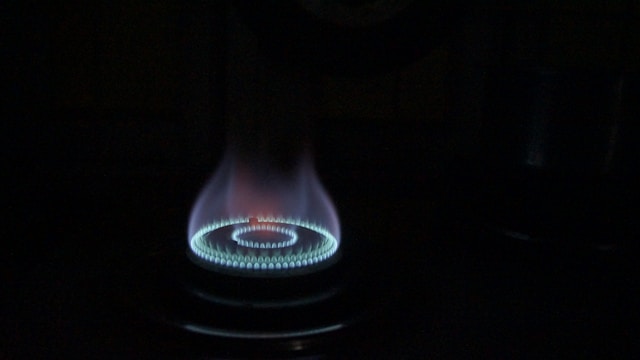How to Prevent Gas Leaks in Your Albuquerque Home

Gas leaks in the home are a serious concern that can have devastating consequences if not properly managed. The risks associated with gas leaks are not to be underestimated; they can lead to fires, explosions, and exposure to harmful gases. Therefore, it is essential for homeowners to understand the potential hazards and take comprehensive steps to prevent them.
Understanding Gas Leaks and Their Dangers
Natural gas, a common fuel source for heating and cooking in Albuquerque homes, is composed mainly of methane. This gas is odorless and colorless in its natural state, making it difficult to detect. For safety, an odorant called mercaptan is added to give it a distinctive sulfur-like smell, often compared to rotten eggs, to alert individuals to the presence of gas. However, relying solely on smell can be insufficient for several reasons. Individuals with a diminished sense of smell, such as the elderly or those with certain medical conditions, may not detect the odorant. Additionally, gas leaks can occur in areas of the home that are not frequented, allowing gas to accumulate unnoticed.
The dangers of gas leaks extend beyond the immediate risk of fire or explosion. Methane is a potent greenhouse gas, and leaks contribute to environmental pollution and climate change. Furthermore, exposure to natural gas can lead to health issues such as headaches, dizziness, nausea, and in severe cases, asphyxiation.
Preventative Measures to Safeguard Your Home
To mitigate these risks, Albuquerque residents should adopt a multi-faceted approach to gas leak prevention:
1. Professional Inspections: Regular inspections by certified professionals can identify potential issues before they become hazardous. These inspections should include checking appliances, pipelines, and connections for signs of wear and tear.
2. Installation of Detectors: While carbon monoxide detectors are well-known and widely used, natural gas detectors are equally important and should be installed in key areas of the home.
3. Education on Gas Safety: Knowledge is power when it comes to gas safety. Homeowners should educate themselves and their families on how to recognize the signs of a gas leak and the appropriate actions to take if one is suspected.
4. Proper Ventilation: Adequate ventilation is crucial for preventing the buildup of gases in the home. Ensure that all rooms, especially those with gas appliances, are well-ventilated.
5. Emergency Preparedness: Have a clear plan in place for what to do in the event of a gas leak. This includes knowing how to shut off the gas supply and having the contact information for emergency services readily available.
6. Safe Storage Practices: Store household chemicals and flammable materials away from gas appliances to reduce the risk of accidental ignition.
7. Mindful Renovations: If you're planning any home renovations, be aware of the location of gas lines to avoid accidental damage. Always use qualified professionals for any work that involves gas lines or appliances.
8. Landscaping Considerations: When landscaping, consider the placement of plants and garden structures in relation to gas lines. Deep-rooted plants can potentially damage underground gas lines, leading to leaks.
By taking these proactive steps, Albuquerque homeowners can significantly reduce the risk of gas leaks. It's important to remember that gas safety is an ongoing responsibility. Regular maintenance, vigilance, and a commitment to safety can help ensure that your home remains a safe and comfortable environment for you and your family.
HOT ALBUQUERQUE LISTING OF THE WEEK
Looking for the perfect home for sale in Albuquerque? Our easy-to-use home search tool can help you start the process. Join us twice a week on our blog for more real estate advice and great reasons to buy a home in Albuquerque and the surrounding area. Follow us on Facebook for the latest Albuquerque real estate updates.
Get your Morning Inspiration with the Sandi Pressley Team!







